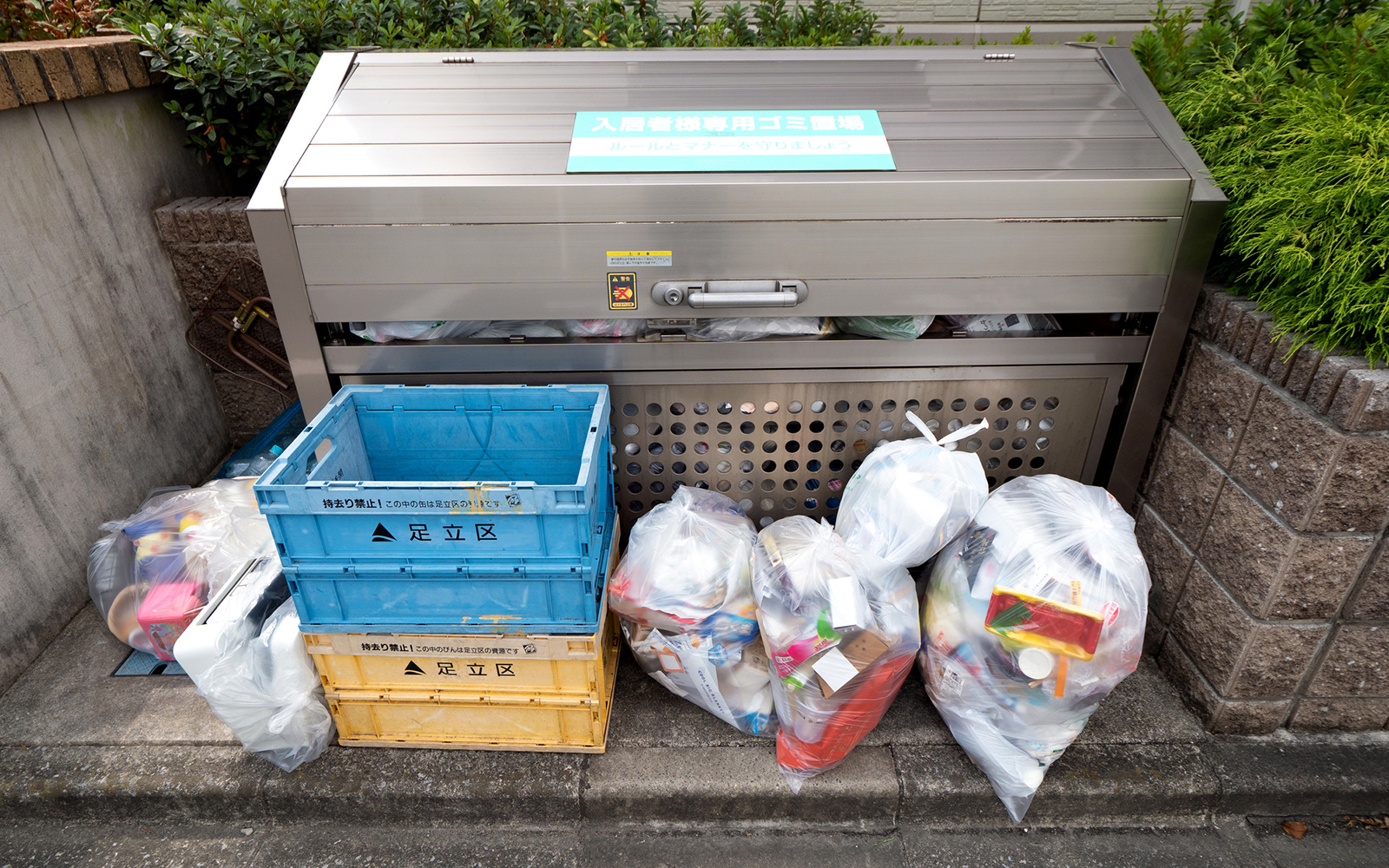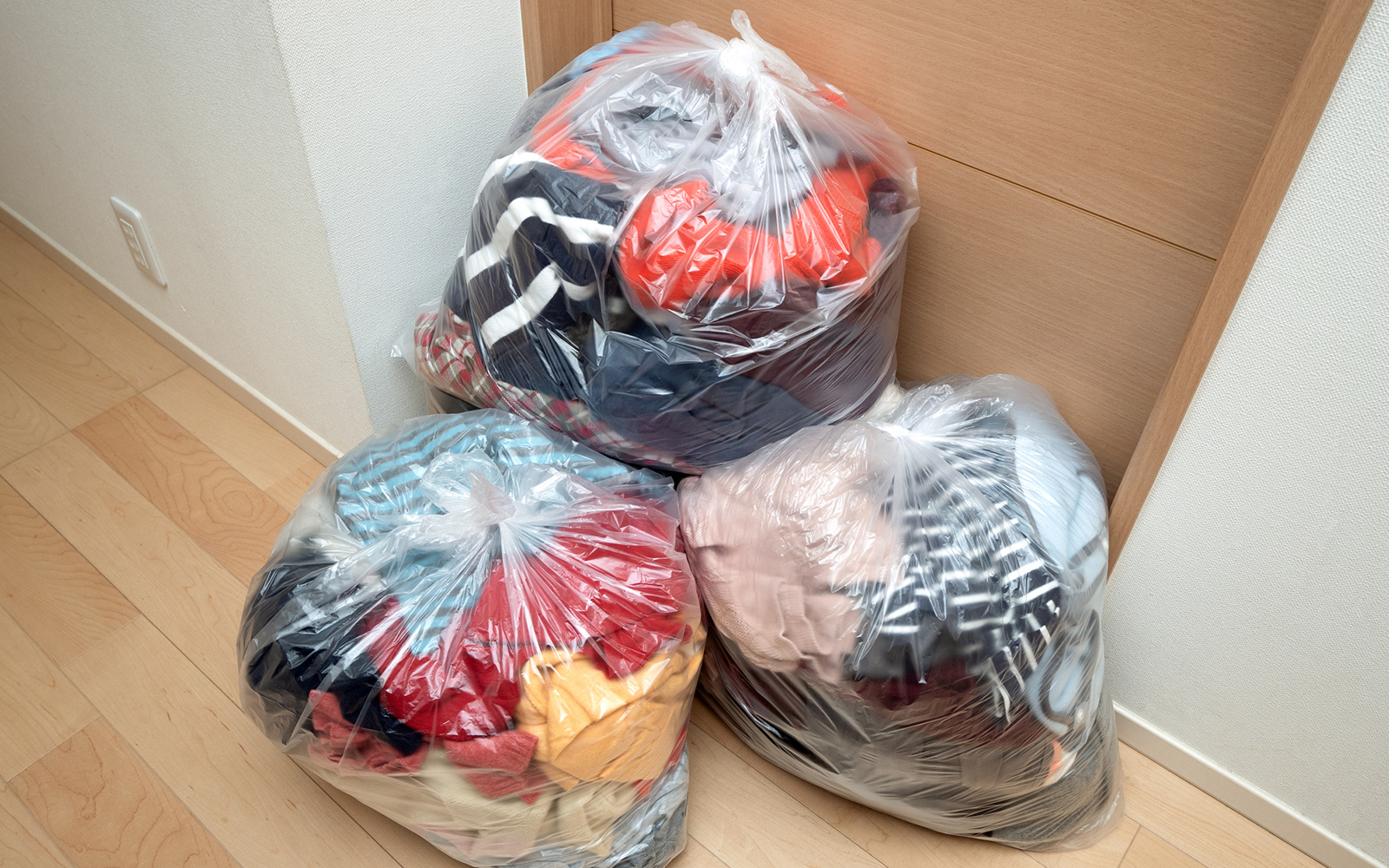Trash talk: A guide to garbage disposal in Japan
Congratulations! You’ve just signed the lease on your new apartment. When registering your new address at city hall, they should have given you a pamphlet detailing how to throw out your trash correctly. Keep in mind that unlike back home, the rules for proper garbage disposal in Japan can be pretty tricky.
It requires following a rigid set of rules and some basic kanji (Chinese characters with Japanese meaning). If you don’t follow the rules, your trash will get left behind, you might receive a fine, or worse yet, your neighbors might file a complaint against you. In this post, we’ll go through the basics of the different garbage categories in Japan and how to dispose of them properly.
Types of Garbage

In Japan, garbage is divided into four main categories: burnable, non-burnable, recyclable and oversized garbage. Depending on where you live, these categories may be further subdivided into smaller groups. Stay updated with garbage pick-up rules and schedules by checking your local municipality’s official website.
Your area might require you to use special color-designated trash bags to signify the trash category. Otherwise, purchase generic trash bags from your local grocery store or convenience store. If you have any questions about recycling or garbage collection in your city, call your local city hall or ward office.
Burnable or Combustible Garbage

Burnable garbage (moeru gomi) is the simplest to manage. The majority of household waste is classified as burnable garbage. These are items like kitchen scraps, textiles and yard waste. Typically collected twice a week, refer to the pamphlet you received at city hall for the specific days.
Here are some other items that fall under the category:
- Biodegradable Trash: Clamshells, egg shells, food waste, fruit and vegetable peels
- Clothing and Wood Scraps: Blended fabrics, small amounts of wood scraps
- Paper Scraps: Tissue, diapers, napkins
- Plastic items: Styrofoam products, plastic food wrap, CDs, videotapes
- Rubber items: Garden hoses, sandals
- Leather items: Bags, shoes, clothes
Drain kitchen scraps of any water, and if you’re throwing away cooking oil, either have paper absorb it or use solidifying gel. Bag it up and take it out on the day before the designated collection time. Note that trash isn’t collected on national holidays, so make sure that you are aware of the schedule.












Post Comment